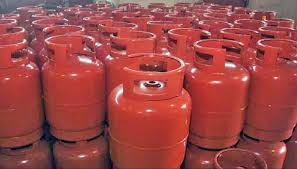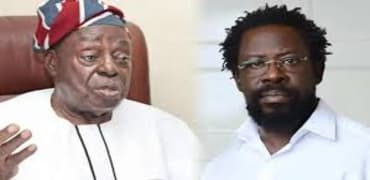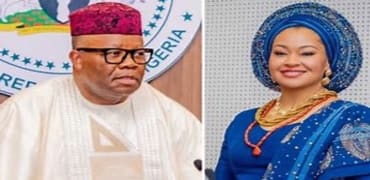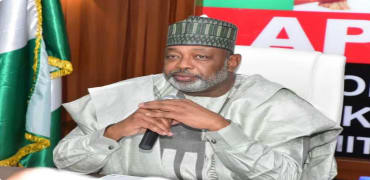LPG Showdown: Marketers Cry Foul as Dangote Moves to Slash Cooking Gas Prices
LPG Showdown: Marketers Cry Foul as Dangote Moves to Slash Cooking Gas Prices
Lagos, Nigeria — Nigeria’s domestic cooking gas market is bracing for a shakeup as industrial titan Aliko Dangote has announced bold plans to crash the price of Liquefied Petroleum Gas (LPG)—or cooking gas—amid rising concerns over affordability for ordinary Nigerians.
The President of the Dangote Group revealed his intention to sell LPG directly to consumers if distributors resist price reductions, a move that has triggered strong backlash from operators in the gas sector.
Speaking during a recent tour of his refinery in Lekki by members of Lagos Business School’s CGEO Africa and other stakeholders, Dangote emphasized that high cooking gas prices are pushing many Nigerians back to firewood and kerosene, with grave health and environmental implications.
“We’re currently producing about 2,000 tonnes of LPG daily, and we’re ramping it up,” he said. “But it’s still too expensive. If distributors won’t lower prices, we’ll take it straight to the people.”
LPG Price Disruption — A Welcome Move or Monopolistic Strategy?
Currently, the retail price of cooking gas hovers between ₦1,000 and ₦1,300 per kilogram, a figure that Dangote says is unsustainable for low-income households. His intervention aims to drive prices down and encourage more Nigerians to transition away from biomass fuel.
But operators in the sector aren’t applauding. Instead, they’re accusing Dangote of attempting to monopolize the market they claim was built through years of hard-earned collaboration.
Industry Pushback: “Respect the Ecosystem”
Godwin Okoduwa, former Chairman of the LPG and Natural Gas Downstream Group of the Lagos Chamber of Commerce and Industry (LCCI), described the move as monopolistic and disrespectful to existing market players.
“From 70,000 metric tonnes in 2007, we grew the market to over 1.3 million tonnes by 2022 through collaborative effort. This is not a space to bulldoze your way into. Respect the players, respect the process,” Okoduwa argued.
He pointed out that Nigeria’s per capita LPG consumption remains dismally low—around 5 to 6kg per person annually, compared to double digits in countries like South Africa, Morocco, and Tunisia. According to him, collaboration, not dominance, is key to improving those numbers.
“The market potential is huge—up to 5 million tonnes annually. Dangote should focus on expanding the pie, not claiming a bigger slice of the existing one.”
“Go Where the Need Is”: Okoduwa’s Challenge
Responding to Dangote’s claim that the price cut is meant to help ordinary citizens, Okoduwa suggested he start by investing in LPG infrastructure in the Northeast, where consumption is the lowest.
“If he's serious about helping, he should develop access where it’s almost non-existent. That’s where his intervention is truly needed.”
Marketers Doubt Feasibility of Direct Sales
Bassey Essien, Executive Secretary of the Nigerian Association of Liquefied Petroleum Gas Marketers (NALPGAM), was even more skeptical.
“It’s unrealistic,” he said bluntly. “We’ve heard similar promises about petrol. Has the refinery sold PMS directly to consumers at cheaper rates? Has it translated into lower pump prices?”
Essien cautioned that bypassing the existing supply chain is not as simple as it sounds, given regulatory bottlenecks, logistics challenges, and market dynamics.
A Collision Course Ahead?
Dangote’s planned intervention in LPG pricing echoes his broader strategy for petroleum product distribution, including petrol, diesel, and aviation fuel—where he plans to bypass intermediaries by distributing directly to marketers via 4,000 CNG-powered trucks starting in August.
While some citizens may welcome cheaper LPG, industry stakeholders are preparing for what they fear could be a market disruption disguised as consumer salvation.
Bottom Line: War for the Gas Flame?
What’s shaping up isn’t just a pricing war—it’s a clash of ideologies. On one side, an industrialist determined to make essential commodities affordable. On the other, a network of operators fighting to preserve the integrity and inclusiveness of a market they helped build.
Whether Dangote’s strategy leads to sustainable market expansion or monopolistic dominance remains to be seen. But one thing is certain—Nigeria’s gas game just got hotter.
By Haruna Yakubu Haruna



















